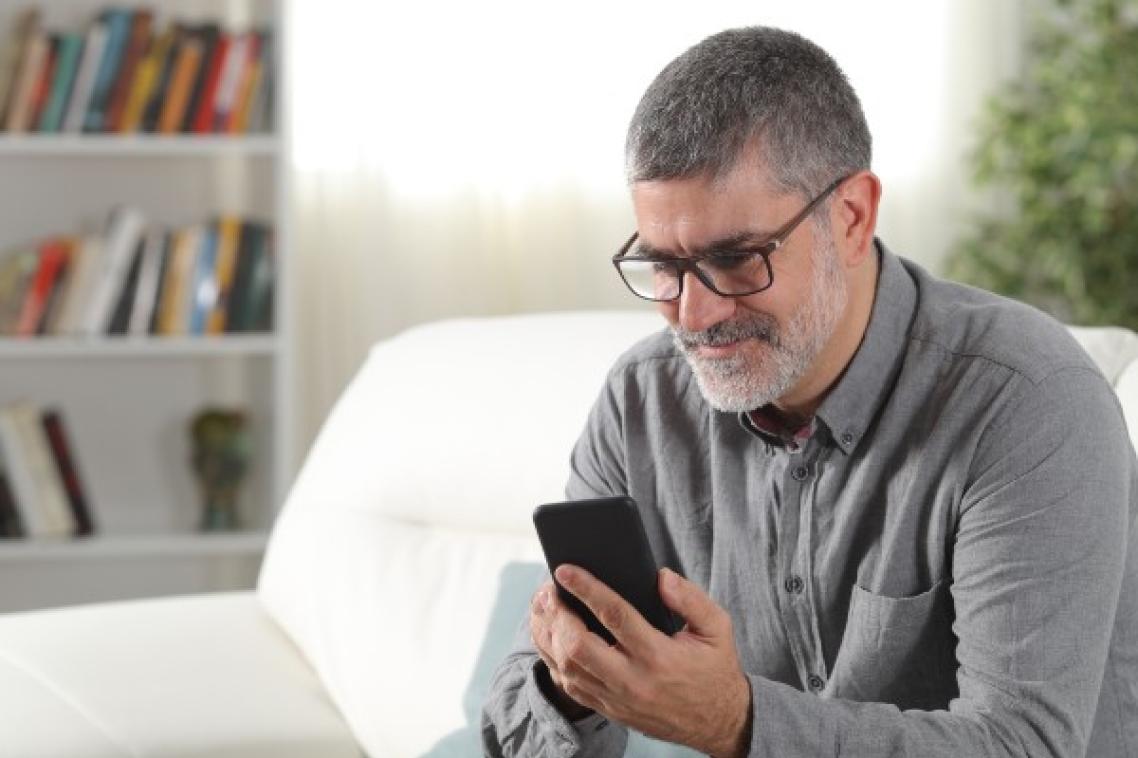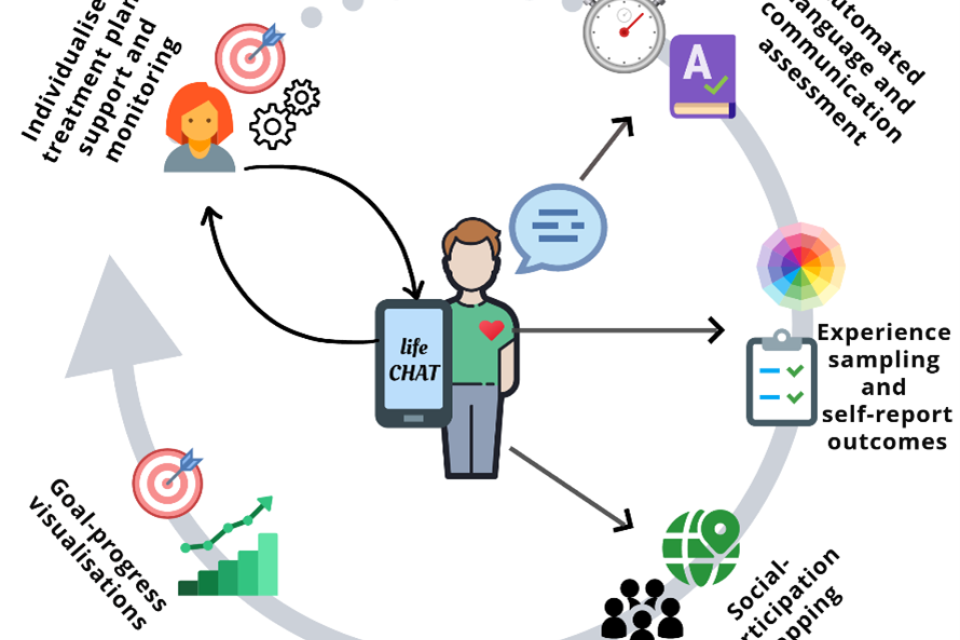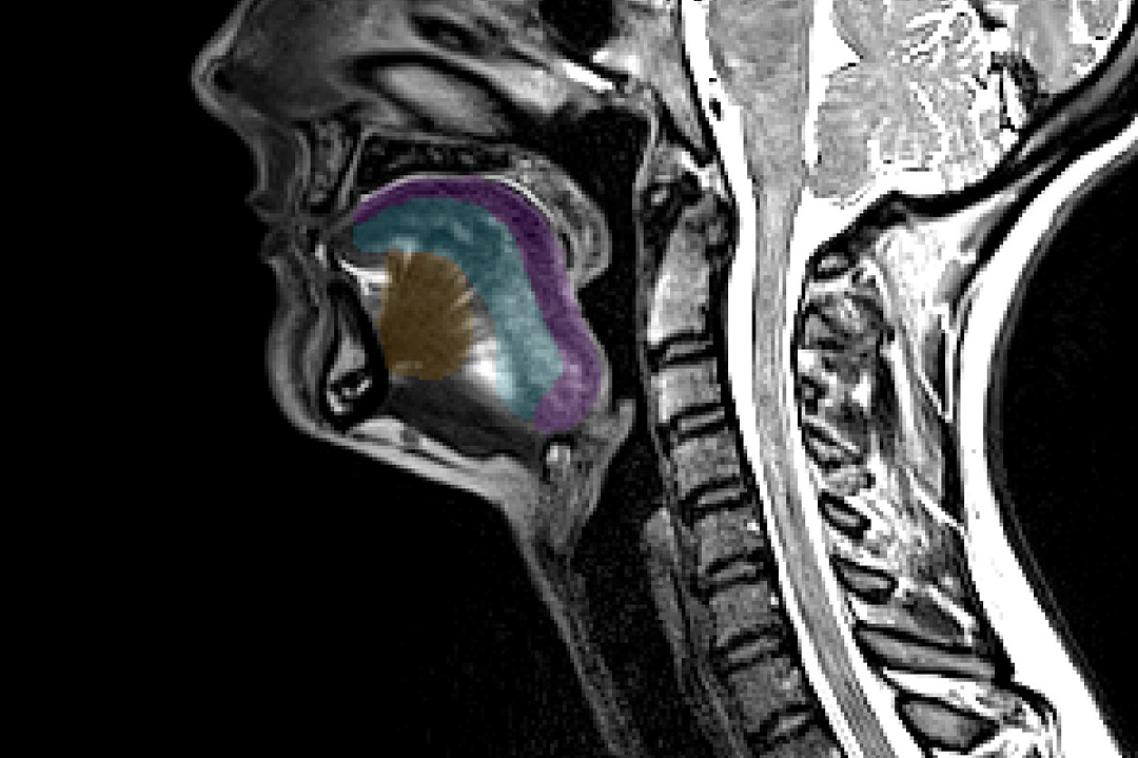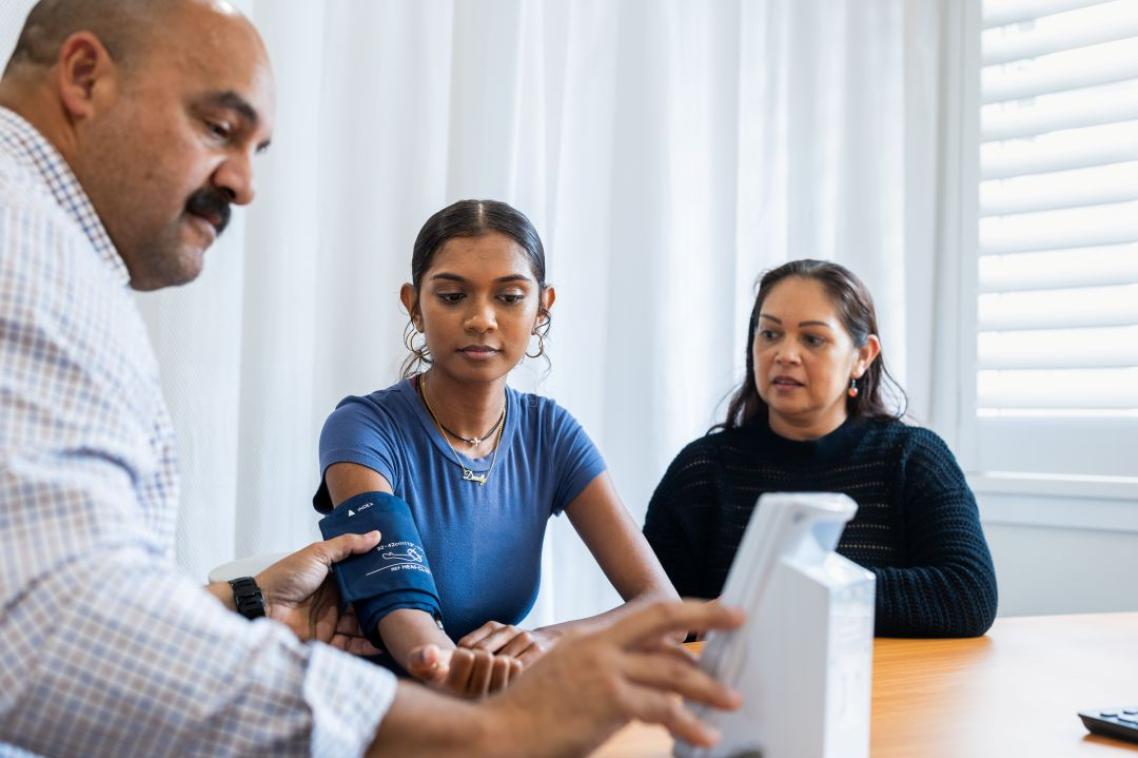New app to motivate aphasia recovery

A smartphone app to track and improve communication recovery for stroke survivors with aphasia is under development by University of Queensland researchers.
UQ School of Health and Rehabilitation Sciences speech pathologist Dr Sarah Wallace said a co-design process with stroke survivors, their families and speech pathologists would be used to ensure the app was effective and practical.
“The idea for LifeCHAT originated from discussions with stroke survivor and study co-investigator, Gopal Sinh, who wanted a way to track his progress and recovery,” Dr Wallace said.
“Gopal was told by family and friends how his communication was improving during his recovery, however he wasn’t able to recognise these improvements and this affected his motivation to continue with therapy.

“We hope if stroke survivors can see and track their own improvements, they will be motivated to stick with their therapy.”
Every 19 minutes someone in Australia has a stroke and a third of those who survive will have aphasia — difficulty speaking, understanding, reading and writing.
Dr Wallace said communication was a core part of everyday life so when people lost this ability to talk to friends, send an email, read a book or pay bills it could cause depression, social isolation and family problems.
The app will incorporate speech-to-text software; two-way interactive features to link stroke survivors and families with their speech pathologist; ongoing, individualised support and feedback; and real-life, real-time monitoring and assessment.
“LifeCHAT will use geo-location mapping to track how social interactions are going and daily questions will prompt responses about experiences and feelings,” Dr Wallace said.
“This information will be used to produce visual graphs to link goals with progress.
“We hope the app motivates stroke survivors with aphasia to stick with their treatment and to keep improving.”
Mr Sinh said he was looking forward to the research outcomes and the app.
“It will be great to measure my progress and see how I am improving,” Mr Sihn said.
“It is important family are involved in designing the app as they are the first people who deal with aphasia all the time.”
LifeCHAT will draw on the latest world-leading aphasia treatment and research in co-design with consumers, therapy technologies and psychology to motivate adherence to treatment.
Once developed LifeCHAT will be available within UQ’s Queensland Aphasia Research Centre ‘Tech Hub’, a unique online and in-person consultation service that allows consumers and clinicians to trial technology solutions.
The project received $389,000 from the Medical Research Future Fund.
Media: Dr Sarah Wallace, s.wallace3@uq.edu.au, +61 (0)438 115 272; Kirsten O’Leary, UQ Communications, k.oleary@uq.edu.au, +61 (0)412 307 594; @UQHealth.
Image caption: Initial design for LifeCHAT app.
Related articles

Scanning the tongue to detect and track Motor Neurone Disease

‘Mob want to see mob’: First Nations clinics a priority for many young Indigenous Australians
Media contact
UQ Communications
communications@uq.edu.au
+61 429 056 139
